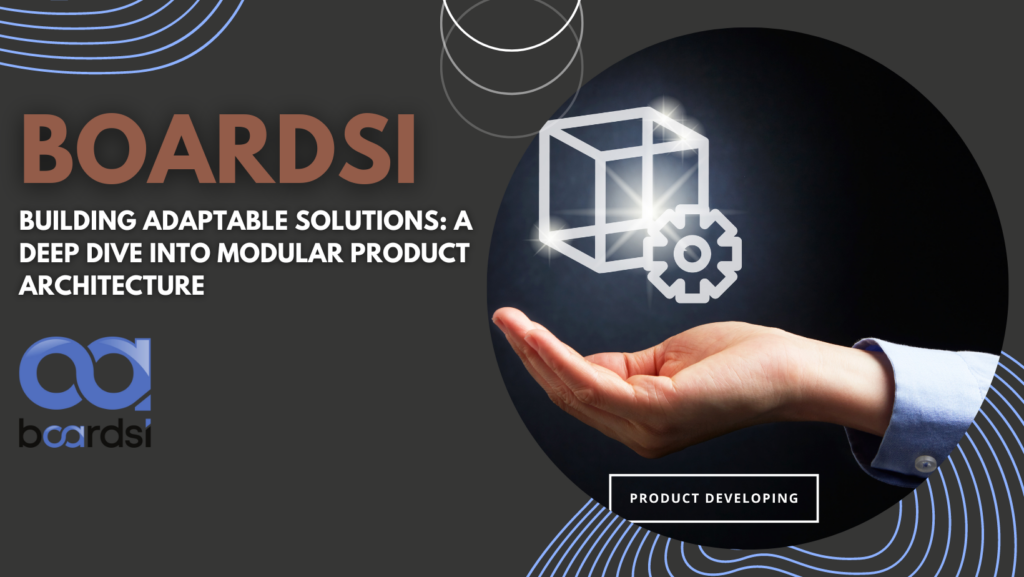In today’s dynamic market, businesses need to be agile and responsive to ever-changing customer demands. Modular product architecture offers a strategic approach to product design that fosters this adaptability. This article explores the core concepts of modular product architecture, its key benefits for businesses, and practical considerations for implementing it in your product development process.
What is Modular Product Architecture?
A modular product architecture is a design philosophy that breaks down a product into distinct, self-contained modules. These modules can be easily interchanged, combined, or updated to create a variety of product variants and cater to diverse customer needs. Think of it like building blocks – each module has a specific function and interacts seamlessly with others to create the final product.
Benefits of Modular Product Architecture:
- Increased Product Variety & Customization: By enabling the creation of different product configurations, modular architecture allows you to cater to a wider range of customer needs and preferences.
- Enhanced Innovation & Time-to-Market: Modular designs facilitate faster development cycles, as new features and functionalities can be added through the creation of new modules.
- Improved Efficiency & Cost Savings: Reusing existing modules across product lines reduces development costs and streamlines manufacturing processes.
- Simplified Maintenance & Repair: Modular components can be easily replaced or upgraded, extending product life cycles and reducing maintenance downtime.
Implementing Modular Product Architecture:
- Identifying Core Modules: Define the fundamental building blocks that will form the foundation of your product family. These modules should be versatile and adaptable to accommodate future variations.
- Standardization & Interfaces: Ensure clear and well-defined interfaces between modules to facilitate seamless integration and interchangeability.
- Scalability & Configurability: Design your modules with future expansion and customization in mind, allowing for the creation of a wider product range.
Modular Product Architecture: A Strategic Advantage
By adopting a modular product architecture, businesses can gain a significant competitive edge. This approach fosters agility, enables faster product iterations, and ultimately empowers you to deliver solutions that better meet the evolving needs of your customers.
Boardsi: Your Partner in Strategic Product Development
While Boardsi doesn’t directly focus on product development, we understand the importance of strategic decision-making for businesses of all sizes. Our expertise in board development can empower your board to make informed choices regarding product strategy, innovation, and long-term growth.
Partner with Boardsi to ensure your board has the knowledge and skills necessary to guide your organization towards sustainable success in today’s dynamic market landscape.
Ready to build a more adaptable and customer-centric product strategy? Contact Boardsi today and learn how we can help your board navigate the ever-evolving business environment.
#modularproductarchitecture #productdesign #productdevelopment #businessagility #customerneeds









